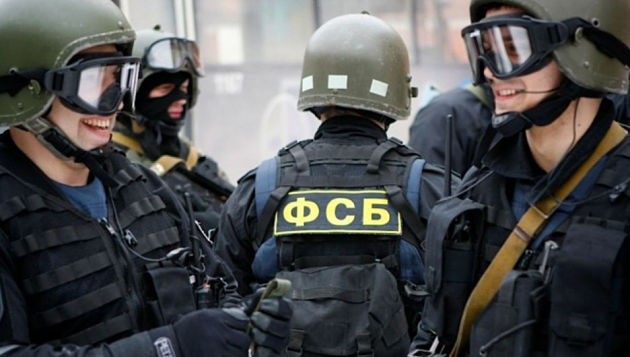The events that took place at the end of last week in Tyumen, where law enforcement officials announced the “counter-terrorist operation” (CTO) in which a young man identified as a terrorist was killed, are still waiting for a real journalistic investigation.
More symptomatic, however, is not the CTO itself, but the public reaction to it. Not long ago, journalist Oleg Kashin provoked a scandal by admitting what many already knew: “… we in society have a consensus that the fight against so-called terrorism in the Caucasus is going well, it is being conducted as it should be, that is, law enforcement officials can do whatever they want there. They can shoot from heavy caliber weapons at five-story buildings where alleged terrorists live, about whom no one knows whether they are terrorists or not, they can kill someone, they can torture, and so on. But Russian society has gotten used to it.”
However, as these methods began to spread beyond the Caucasus to (the rest of) Russian territory, and as ordinary Russians increasingly became victims of law enforcement lawlessness, the consensus described by Kashin apparently began to crumble.
For example, even the pro-government journalist Sergei Dorenko made it clear what he thought of the show staged by the FSB in Tyumen (we apologize to readers for the rough language). Not to mention opposition bloggers like Rustem Agadamov (who, by the way, is not known for his sympathies toward Islam), who drew a direct parallel between the Tyumen FSB and the murder of the Gasangusenov brothers in Dagestan.
It is not surprising that the pro-Kremlin propagandists, having followed the general mood of the people, which manifested itself in the headlines and formulations of the media, immediately created a hysteria, the pretext for which was that some media used the word “killed” instead of “eliminated” in relation to the victim of this CTO.
However, with such an attitude towards the special services, which is developing more and more in Russian society, such hysteria of the Kremlin propagandists will soon have no effect. And it seems that the time has come to talk about another consensus – the distrust of thinking Russians towards any statements made by law enforcement officials and the rejection of their actions, which are opaque to society and not subject to independent courts, which the country has long been without.

